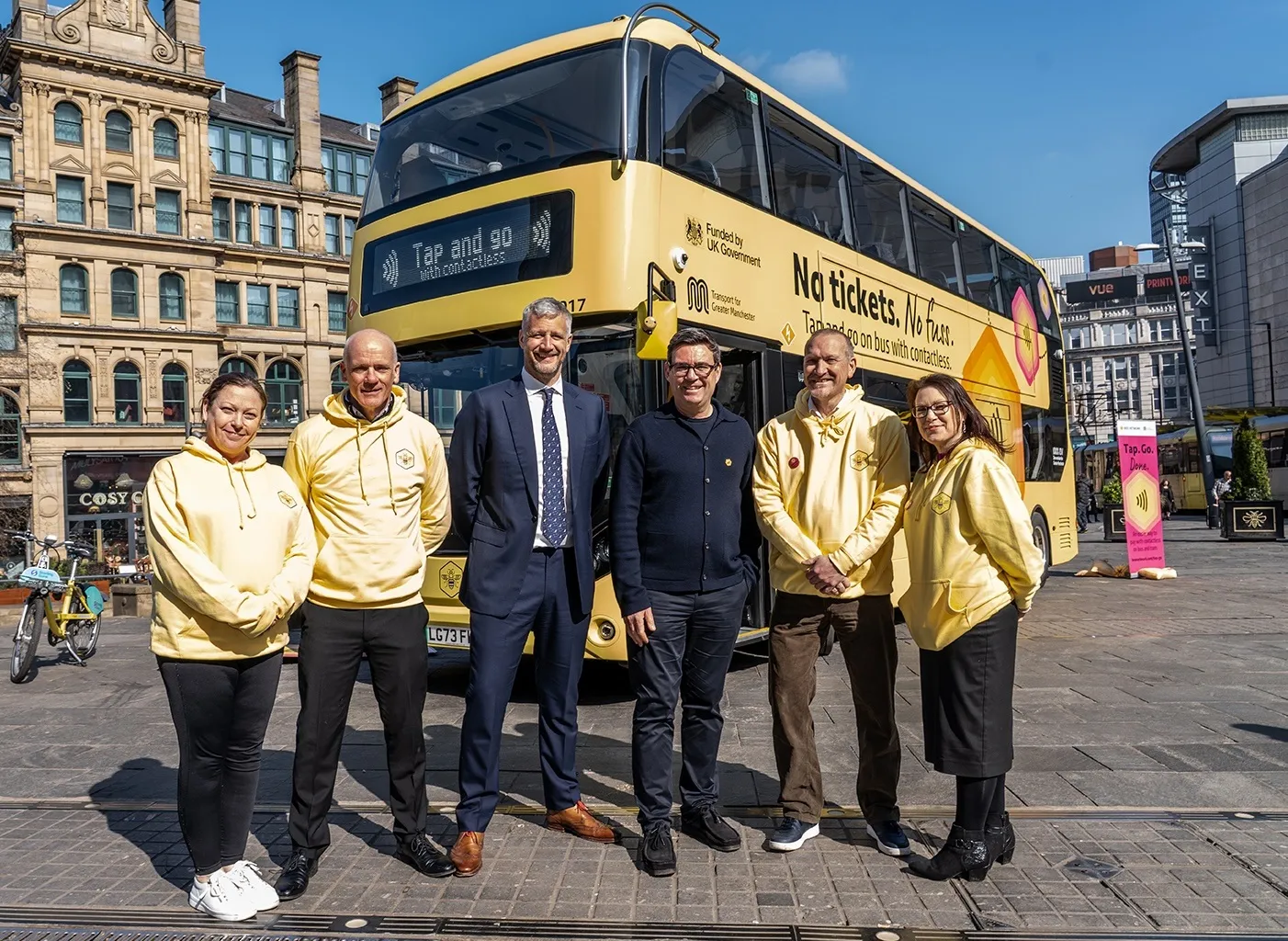The proposal would see existing cash ticket machines, which only sell a small number of the more expensive paper tickets every week and do not allow customers to top-up their Oyster card, removed from the tram network.
As the ticket machines, which were installed when the tram system opened in 2000, have such low usage and have now reached the end of their useful life, it is no longer cost effective for TfL to maintain them or have them replaced.
TfL therefore proposes to remove the machines and ask any customers who still buy paper tickets to switch to Oyster or contactless. Customers will be able to top up their Oyster cards at Oyster Ticket Stops along the route, at ticket machines at National Rail stations or via the TfL website and forthcoming TfL Ticketing app.
Due to the convenience and value for money of payment using Oyster and contactless bank payment cards, only 0.3 per cent of single tram journeys are paid for with a ticket bought from a tram stop ticket machine. This is fewer than 250 tickets per day, with more than half of these sold from 10 tram stops.
A paper ticket bought from a ticket machine costs £2.60 whereas the equivalent pay as you go single fare with Oyster or a contactless bank card is £1.50. Customers using pay as you go also have access to the Mayor’s Hopper fare, which gives a second tram or bus journey for free within one hour of touching in on the first tram or bus journey.
Subject to the results of the consultation, a final decision on whether to remove the machines will be made early next year.
The consultation runs until Sunday 29 October.
TfL commences consultation on cashless trams
Transport for London (TfL) has begun an eight-week public consultation on plans to make trams in London ‘cashless’. The proposal would see existing cash ticket machines, which only sell a small number of the more expensive paper tickets every week and do not allow customers to top-up their Oyster card, removed from the tram network. As the ticket machines, which were installed when the tram system opened in 2000, have such low usage and have now reached the end of their useful life
September 5, 2017
Read time: 2 mins
Related Content












